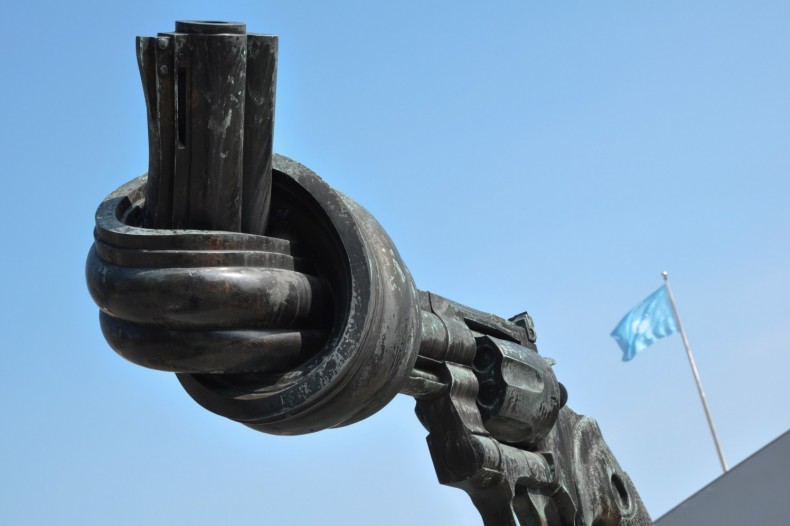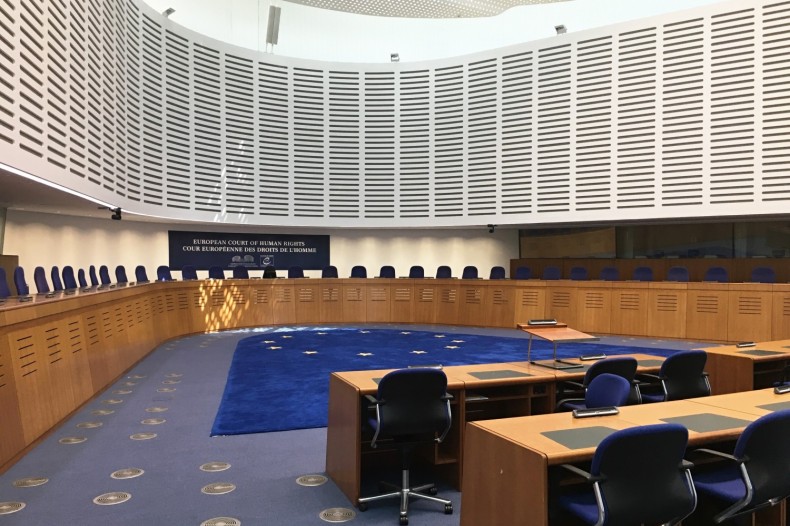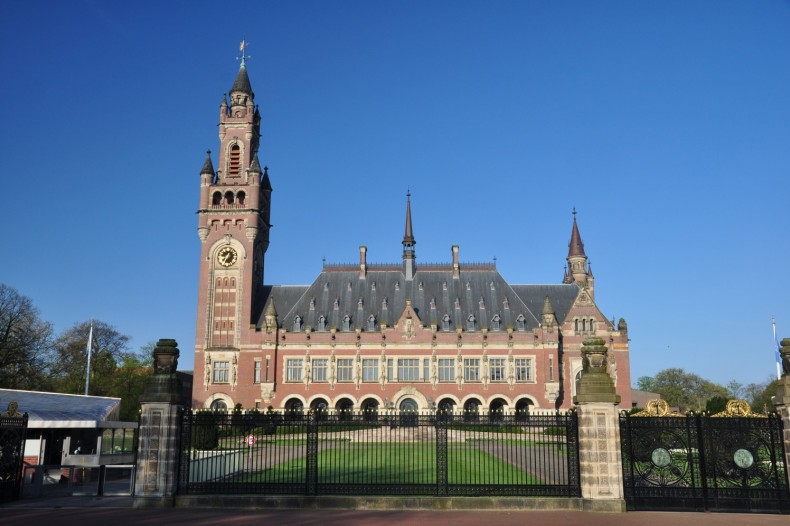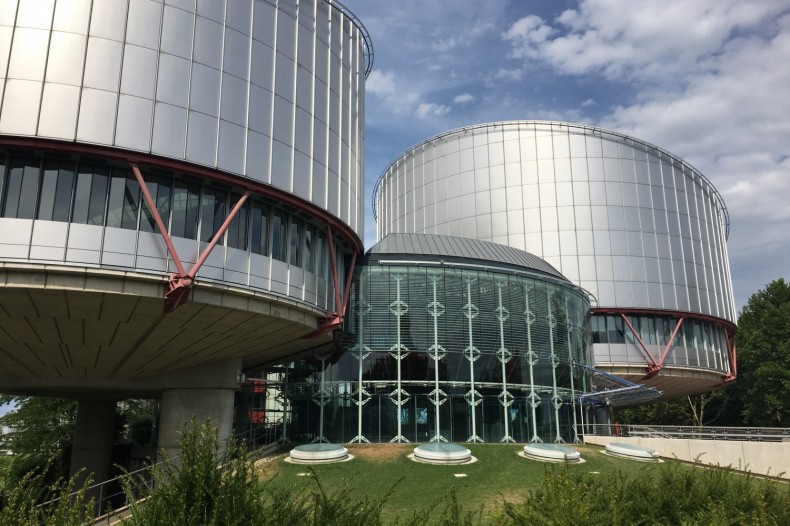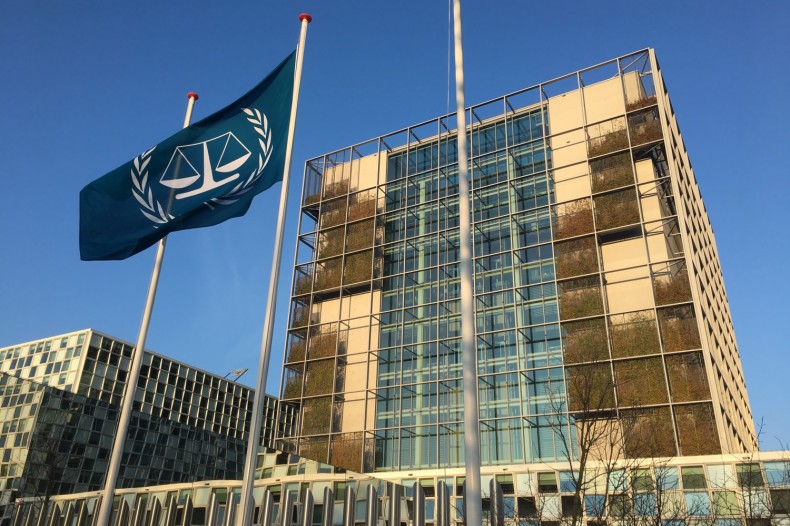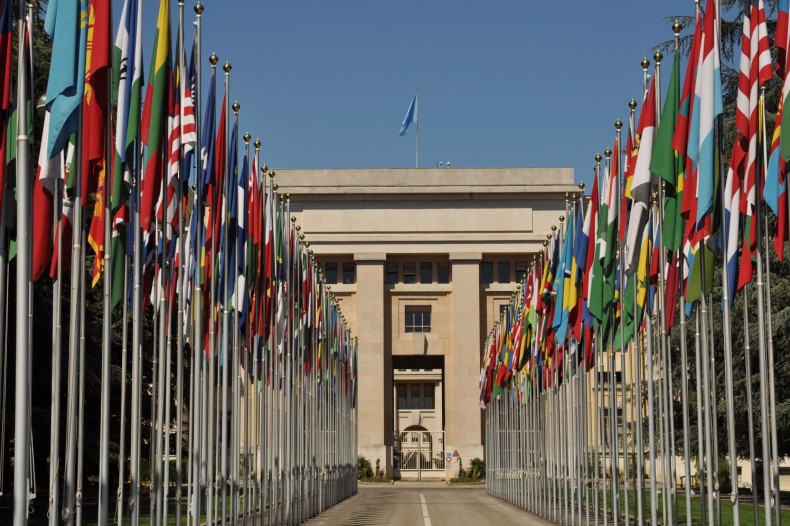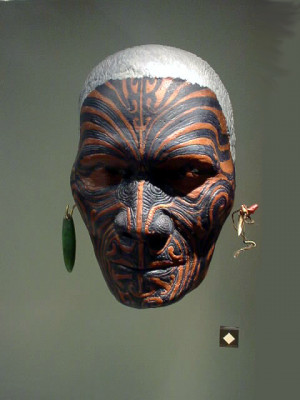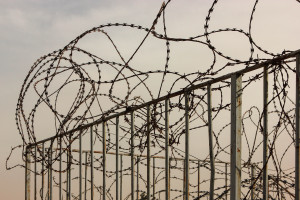Czech Centre for Human Rights and Democracy
The Centre is an independent academic institution monitoring human rights developments both domestically and worldwide, issuing a monthly Bulletin, as well as organizing conferences.
This blog post reflects on my experience as an international student in the Master’s in Migration Studies at UPF in Barcelona. With my background in Law and European Studies along with experience working in the Asylum and Migration Policy Department at the Czech Ministry of the Interior, I chose this program to deepen my knowledge of key migration issues and theories. The program has broadened my perspective on migration and has enriched my understanding of legal, social, and human rights challenges related to migration policy and its global impact.
Could serving a sentence without a clear end in the United Kingdom be considered psychological torture? Is it possible for a person to spend 17 years in prison for attempted robbery? Furthermore, what is the connection between these issues and human rights in the United Kingdom?
Freedom of speech or freedom of expression. Is there any connection between it and tattoos? A recent case before the U.S. Supreme Court tattoo led to the denial of an immigrant visa. Even though the First Amendment was not the main focus point, the case itself made a brief antre for us to meditate about possible constitutional protection of tattoos. What conclusions does the USA case law offer, and why could (should) we get inspired by it?
The Constitutional Court decided the case of a breach of doctors ́ information duty. There is no consensus on who, when and by which measure can give the order „Do Not Resuscitate“. Medical intervention may only be performed when a patient has full legal capacity, is aware of their surroundings and is capable of making decisions regarding their own fate, only with the patient's informed and free consent. With due diligence towards the legal institute of the prior expressed wish it is necessary to prevent possible conflicts.
Ten judgments concerning cases involving the Czech Republic were delivered by the European Court of Human Rights in 2023. The judgments cover various legal issues, including family law, property rights, fair trial, and the right to life. Additionally, two of the judgments were selected as of particular importance.
The Constitutional court annulled the resolution of District court for Prague 8 and Regional court in Prague. This presented another opportunity for the court to address the issue of removing children from their parents' care and placing them in children's homes. What led the court to this decision, and what challenges did it face? What arguments did the parents present, and what errors did the lower courts make?
Former Czechoslovak Interior Minister Vratislav Vajnar faced charges of abuse of official authority. As this offense is considered particularly serious, the court could sentence Vajnar to imprisonment for up to 10 years. However, Vajnar did not live to see the outcome of the criminal proceedings, as he passed away at the age of 92.

